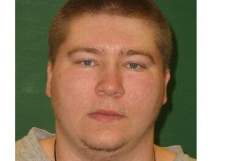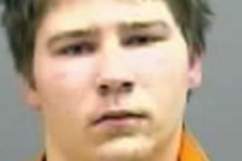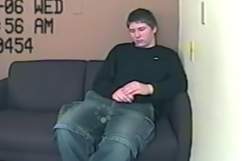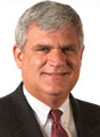
U.S. Magistrate Judge William Duffin. State Bar of Wisconsin.)
U.S. Magistrate Judge William E. Duffin is the court official who overturned the conviction of Steven Avery’s nephew Brendan Dassey.
In a 91-page decision, Duffin threw out Dassey’s conviction in the 2005 murder of photographer Teresa Halbach. He ordered Dassey’s release in 90 days unless prosecutors decide to retry the case or appeal it.
The stunning decision came on the heels of the international uproar caused by the Making a Murderer documentary series on Netflix last winter. The series featured the case of Avery and Dassey, focusing largely on Avery, who was wrongfully convicted in an earlier sexual assault, serving 18 years in prison.
Avery was also convicted in the Halbach murder. Duffin’s Aug. 12 decision in Dassey’s case has no effect on Avery’s case, which involved DNA evidence against Avery not present in the Dassey trial (although defense attorneys argued it was planted, a claim authorities deny).
Who is William Duffin?
1. Duffin Is a Magistrate Judge Appointed to The Post Who Received His Law Degree From The University of Iowa & Has a Journalism Degree
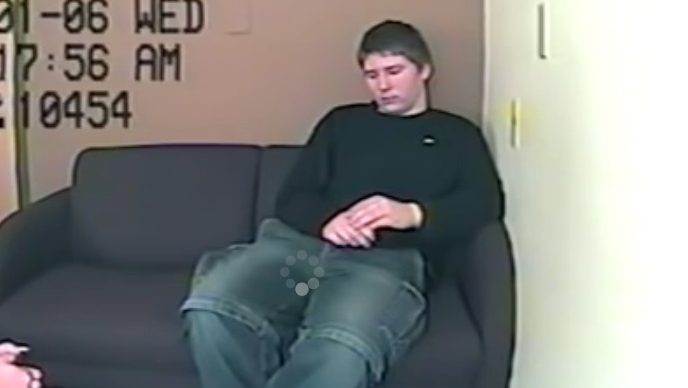
A screenshot from an interrogation of Brendan Dassey. YouTube
The United States District Court announced that Duffin, an attorney, was selected in 2014 to fill the vacant United States Magistrate Judge position in the Eastern District of Wisconsin.
“Attorney Duffin received his B.S. at the University of Illinois and his J.D. from the University of Iowa,” said the court’s announcement of the appointment.
Duffin received his undergraduate degree in journalism.
A search of campaign finance records shows that, before he was named magistrate judge, Duffin largely gave to Democrats (Milwaukee’s mayor and then Wisconsin Gov. Jim Doyle) but also made a contribution to Doyle’s Republican opponent, Mark Green, a former Congressman.
2. Duffin Clerked For an Iowa Supreme Court Justice & Is Past President of a Bar Association
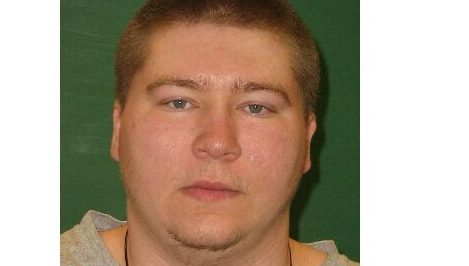
Brendan Dassey. Wisconsin Court System
The court’s announcement said that, from 1987-88, Duffin was a Law Clerk to Justice K. David Harris of the Iowa Supreme Court.
“Attorney Duffin is also a past president of the 7th Circuit Bar Association and former board member of the Eastern District of Wisconsin Bar Association,” said the court’s announcement of his selection as magistrate judge.
In 2010, the State Bar of Wisconsin wrote, “William E. Duffin, Iowa 1987, has been elected president of the Seventh Circuit Bar Association. He is a shareholder in the litigation practice group in the Milwaukee office of Godfrey & Kahn S.C.”
When he was named president of the bar association, his private law firm at the time said, “Duffin plans to focus on several goals during his one-year term, including implementing a pilot program designed to streamline electronic discovery in civil cases. Through the Bar Association’s foundation, he will work to present programs of interest to members and non-members of the legal community. By offering additional programming, he hopes to continue to increase Association membership.”
3. Duffin Was a Lawyer in Private Practice at a Top Law Firm in Milwaukee Before He Became a Judge
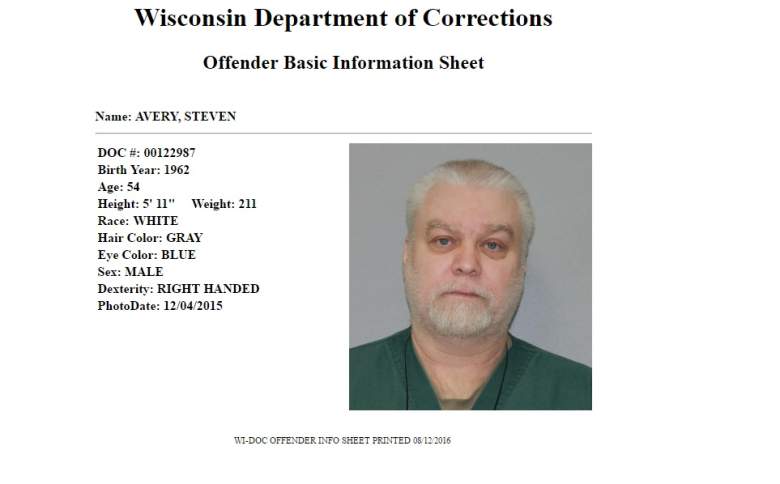
Steven Avery current Department of Corrections photo.
Duffin was in private practice with Godfrey & Kahn in Milwaukee for more than 25 years. In addition, said the court’s announcement, he has “extensive litigation experience in state and federal courts.”
A past press release from the law firm says Duffin was “a member of the firm’s Litigation Practice Group.”
“Duffin represents businesses and individuals in a wide variety of disputes, including intellectual property, distributor relations, labor and employment, unfair competition, business fraud, and shareholder disputes. He has appeared in federal and state courts throughout the United States, as well as before a number of arbitral tribunals,” said the law firm.
Another press release from the law firm said Duffin, “was one of the senior litigators in the Milwaukee office who focused on commercial litigation and franchise and dealership law.”
Duffin recently presided over a naturalization ceremony.
4. In The Dassey Decision, Duffin Strongly Criticized Law Enforcement Interrogators, Saying They Had Exploited The Teenager
Duffin hinged his decision overturning Dassey’s murder conviction largely on the interrogations conducted by law enforcement investigators Mark Wiegert and Tom Fassbender. Dassey gave a series of sometimes contradictory statements confessing involvement in the case, said the court decision.
Duffin pointed to Dassey’s age (he was 16) and his cognitive disabilities, among other factors, in ruling that Dassey’s statements were involuntary.
“Especially when the investigators’ promises, assurances, and threats of negative consequences are assessed in conjunction with Dassey’s age, intellectual deficits, lack of experience in dealing with the police, the absence of a parent, and other relevant personal characteristics, the free will of a reasonable person in Dassey’s position would have been overborne,” wrote Duffin.
5. Dassey’s Uncle Steven Avery Was Wrongfully Convicted of a Sexual Assault He Did Not Commit
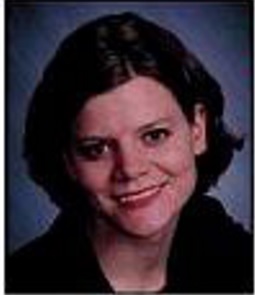
Teresa Halbach. Photo from her missing person poster.
The Making a Murderer documentary highlighted the Dassey case but only as a subplot; the series largely focused on Steven Avery, Dassey’s uncle.
Avery was wrongfully convicted in Manitowoc County in 1985 of a sexual assault that DNA evidence later showed he did not commit. He spent 18 years in prison for that crime until the Wisconsin Innocence Project decided to champion his case.
After being freed, Avery because a celebrity in Wisconsin and moved back onto his family junkyard property in Manitowoc. He was convicted of the 2005 murder of Halbach, a photographer who came to the property to photograph a van.
Avery was convicted in part on the basis of blood and DNA evidence, whereas, in the Dassey case, there was no forensic evidence tying Dassey to the crime, although he did have bleach spots on his jeans.
